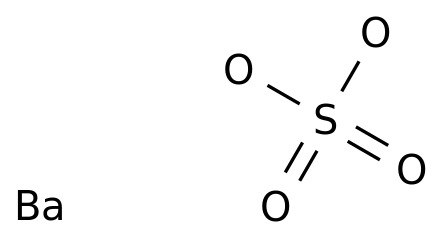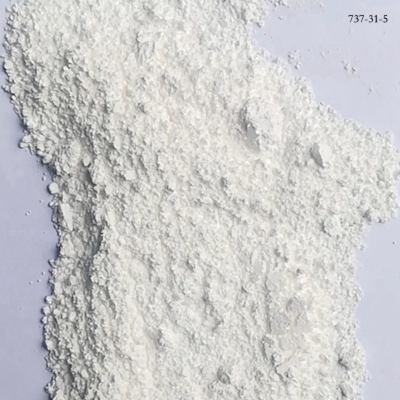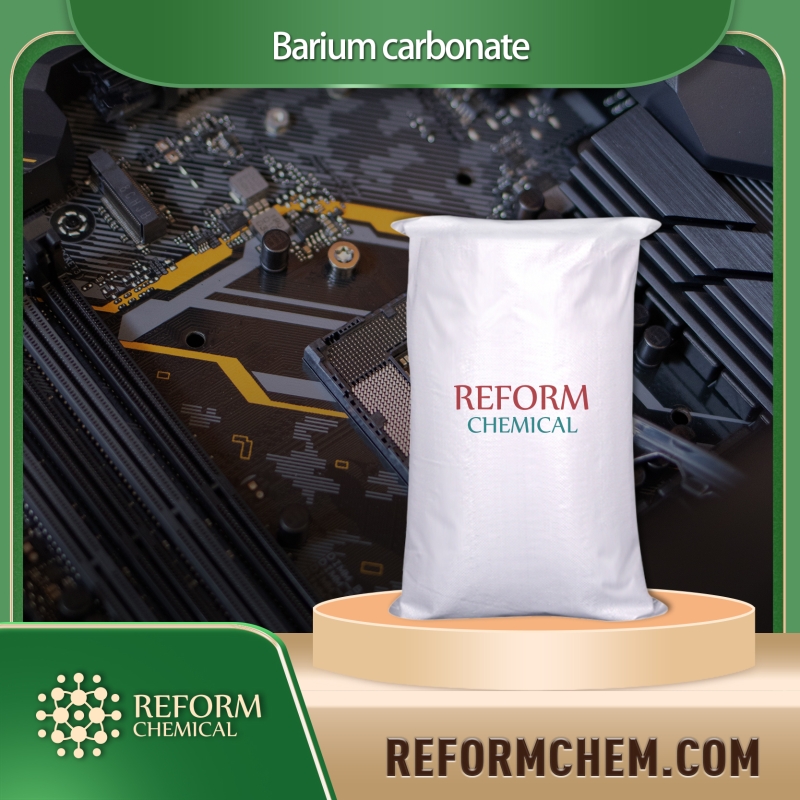Factors of worsening conditions in Patients with ABI with GCS score of 13-15
-
Last Update: 2020-06-27
-
Source: Internet
-
Author: User
Search more information of high quality chemicals, good prices and reliable suppliers, visit
www.echemi.com
Nearly 95 percent of patients with brain injury (TBI) had a GCS rating of 13-15 in the early stages of injury, and the treatment options for patients with mild brain injury who were still well-conscious remained controversial;- Excerpted from the article chapter: Marincowitz C, et alJ Neurotrauma2018 Mar 1;35 (5: 703-718doi: 10.1089/neu.2017.5259Epub 2018 Jan 11.)nearly 95% of patients with brain injury (TBI) had a GCS score of 13-15 in the early stages of injury, and the treatment options for patients with mild brain injury who are still well aware are still controversial; Carl Marincowitz of the York School of Medicine at the University of Hull in the UK and others conducted a meta-analysis of adverse prognosis and worsening risk factors in patients with mild brain injury, published in the March 2018 issue of J Neurotraumaresearchers collected the relevant literature scanted in databases such as EMBASE and MEDLINE between 1996 and 2016The results showed that the risk of death was between 0% and 6% in patients with mild brain trauma, with a total mortality rate of 1.4% (95% CI, 0.8%-2.2%) and a mortality rate of 0.03% (95% CI:0%-0.28%) in patients with a GCS score of 15 (Figure 1)The older you are, the higher the risk of death (coefficient odds 1.05; 95% CI: 1.00-1.12, P-0.049)The higher the GCS score, the lower the risk of death (odds coefficient 0.12; 95% CI: 0.02-0.86, P-0.04)The risk of death was not related to taking anticoagulant drugs (odds s 1.05; 95% CI, 0.95-1.17; P-0.34); The percentage of surgical interventions in patients with GCS scores of 13-15 was between 0% and 26%, with a median of 3.1%, and the overall surgical intervention rate was 3.5% (95% CI: 2.2%-4.9%) and the gcSe 15 rate was 0.2% (95% CI:0%-0.5%)The higher the GCS score, the lower the surgical intervention rate (coefficient s.71; 95% CI:0.01-0.56, P-0.01); About 15.6% of patients reviewed CT and found progression in intracranial damageThe rate of intervention of various types of brain injury surgery is as follows: simple traumatic cobweb subcavity bleeding 0.01% (95% CI:0%-0.7%), epidural hematoma 13.7% (95% CI:9.3%-18.5%)Patients who took surgical intervention or worsened the condition in the anticoagulant group were 1.45 times as likely to be in the control group (OR.45; 95% CI: 1.28-1.64)The incidence of epidural hematoma caused by hypothonosm was highest, while the risk of simple cobweb subcavity hemorrhage surgery intervention or deterioration of the condition (OR-0.19; 95% CI: 0.07-0.5) was lower in general, patients with mild brain trauma are less likely to worsen their condition and have serious complications, but clinical attention should be paid attention to Current studies point only to factors that affect clinical prognosis, but higher-quality evidence is needed to guide clinical decision-making.
This article is an English version of an article which is originally in the Chinese language on echemi.com and is provided for information purposes only.
This website makes no representation or warranty of any kind, either expressed or implied, as to the accuracy, completeness ownership or reliability of
the article or any translations thereof. If you have any concerns or complaints relating to the article, please send an email, providing a detailed
description of the concern or complaint, to
service@echemi.com. A staff member will contact you within 5 working days. Once verified, infringing content
will be removed immediately.







